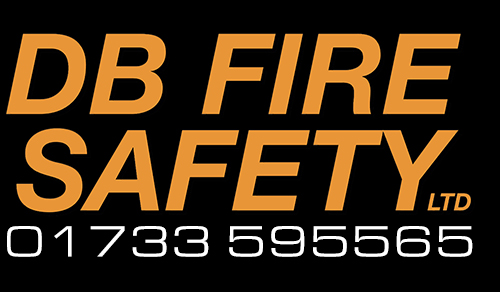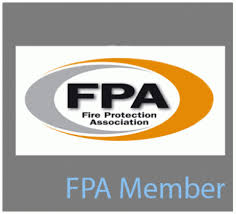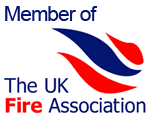We tend to think that wildfires only occur in countries such as Spain, Canada and Australia. If you can take your mind  back to April 2015, a grass fire a little bit closer to home in the South Wales Valley destroyed 222 acres of countryside. Only this year in March, there was a fire in Shetland which ripped through 70 acres of grass and heather. The Upton Heath fire in Dorset in 2011 damaged approximately 250 acres of the heath and required the mobilisation of 30 fire engines and 11 Land Rovers.
back to April 2015, a grass fire a little bit closer to home in the South Wales Valley destroyed 222 acres of countryside. Only this year in March, there was a fire in Shetland which ripped through 70 acres of grass and heather. The Upton Heath fire in Dorset in 2011 damaged approximately 250 acres of the heath and required the mobilisation of 30 fire engines and 11 Land Rovers.
Wildfires and grass fires can occur because of the carelessness of people when discarding lit cigarettes or leaving their campfires unattended. The deliberate setting of wildfires is, of course, illegal and a criminal offence.
What a relief to hear that wildfires are thankfully a rare occurrence. But when they do occur, they cause massive devastation to our beautiful countryside and the eco-systems which have taken many years to develop. If a fire encroaches on farmland, then crops, buildings and animals can be consumed.
The cost of a wildfire is immense and the affects are that:
- nests and the young of birds that nest on the ground are destroyed
- mammals such as red squirrel lose their forest homes
- small animals like the common lizard are killed
- landscapes are scorched and less attractive until they recover
- peat-land can be damaged and that is important as a carbon store to help combat climate change
As with the Upton Heath fire, a wildfire will take up valuable resources which impacts on resources which could be required to tackle property fires and emergencies.
 There are, however, things you can do to protect the countryside and keep you safe.
There are, however, things you can do to protect the countryside and keep you safe.
- If you must have a fire, then make absolutely sure that it is in a designated safe area. Never leave the fire or barbeque unattended.
- Extinguish cigarettes and smoking materials properly BEFORE leaving your vehicle.
- NEVER EVER throw cigarette ends out of car windows. This recklessness could start a fire and destroy the surrounding crops and countryside.
- Take home or dispose in a waste or recycling bin your bottles and glass – the heat generated from sunlight shining through the glass can start a fire.
- Report it immediately if you see a fire in the countryside. Leave the area as soon as possible – preferably downhill. Fires spread more quickly uphill. A fire also creates its own wind and achieve a speed far faster than you can get out of its way.
- Ensure that you know your location or landmark so that you can direct the fire service accordingly.





 tenants.
tenants.